Know Your Right to Representation
Know Your Right to Representation!
YOU ARE YOUR OWN BEST ADVOCATE. ASSERT YOUR RIGHTS!
Members have the right to representation!
You reasonably believe the meeting might lead to disciplinary action (e.g. reprimand, improvement plan, suspension, etc.)
We cannot represent members in meetings involving parents or students (such as IEP meetings) as this violates the Federal Education Rights Privacy Act. We cannot represent members in criminal investigations.
TENNESSEE CODE ANNOTATED §49-5-603
Professional employees have the right to self-organization, to form, join or be assisted by organizations, to participate in collaborative conferencing with local boards of education through representatives of their own choosing and to engage in other concerted activities for the purpose of other mutual aid and benefit; provided, that professional employees also have the right to refrain from any or all such activities.
FREQUENTLY ASKED QUESTIONS
1. Who gets representation when everyone in the meeting is a member?
A: The person who needs representation is the person who is facing disciplinary action or a change in working conditions. The other persons who may be involved in the meeting may also be members, but since they are not facing potential disciplinary action or a change in working condition, they are not in need of representation.
2. I’m an administrator and a TEA member, will TEA represent me in a meeting?
A: See the response to the previous question. If you are facing disciplinary action or a change in working conditions, you can ask for your TEA representative to attend the meeting with you. If you are the person who is disciplining or changing the working conditions of someone you supervise, you are performing an essential function of your job and should not need a representative present. However, if you are facing possible disciplinary action or a change of working conditions in a meeting with your supervisor(s), you have the right to have a representative present.
3. I’ve been called to a meeting with my supervisor(s). What do I do?
A: Ask your supervisor the purpose of the meeting (so you can discern whether or not the meeting may be a topic that could lead to disciplinary action or a change or working conditions).
If you believe a meeting will be used as an investigation that could lead to disciplinary action against you or could result in a change of your working conditions (e.g. reassignment, etc.), you should assert your Section 603 (Weingarten) rights and state that you are to be provided with an organization representative under state law.
4. I’m already in a meeting and the discussion is turning to a topic that might lead to disciplinary action or a change in working conditions. What do I do?
A: If you are in a meeting with an administrator and matters are being discussed that may lead to disciplinary action against you and you assert your 603 rights, the administrator can do one of the following three things:
a. Delay the investigation/meeting until you get a representative (though not necessarily the one you choose if another is more readily available).
b. deny your request for representation and continue conducting the meeting. Disciplinary action may or may not follow.
c. Deny your request, end the meeting, and announce disciplinary action against you.
5. My right to representation has been denied by my supervisor, what do I do?
A: If the administrator denies your request for an association representative, do not walk out of the meeting! (Doing so will lead to a disciplinary charge of insubordination which can lead to dismissal from your position).
a. Ask the administrator to provide in writing the reason why the representation was denied. It’s okay if they don’t actually put it in writing, you are trying to ensure that your legal right to representation is recognized.
b. During the meeting, respond to questions and requests for information with “I respectfully decline to answer any questions or respond to requests for information until I have been given the opportunity to meet with my Association Representative.”
c. Be polite and respectful and take notes. Your notes should include the names and titles/positions of all persons in the meeting and any information regarding the reason for the meeting.
d. Ask for copies of any documents that are referenced (e.g. parent complaint, social media posting, etc.)
e. Be sure to keep your emotions in check.
f. After the meeting, immediately contact your representative.
6. My supervisor wants me to sign a document, but I don’t agree with the contents. What do I do?
A: If you are asked to sign anything during the meeting, ask for time to review the document with your association representative before signing. If your request is denied, sign the document (to avoid a charge of insubordination) but you may write “signature indicates receipt only” underneath your signature. Ask for copies of anything you are asked to sign. After the meeting, contact your association representative and provide him/her copies of the documents. You may be entitled to offer a written rebuttal to any document you signed. Consult your TEA representative for assistance. Your representative will advise you of your next steps.
7. My supervisor wants me to provide a written statement. What do I do?
A: If you are asked to give a written statement, always ask for extra time so that you may consult with your association representative. Again, if your request is denied, sign the written statement to avoid a charge of insubordination. You can write “my statement is given under duress.” Get a copy of your statement and consult with your association representative as soon as the meeting is over.
